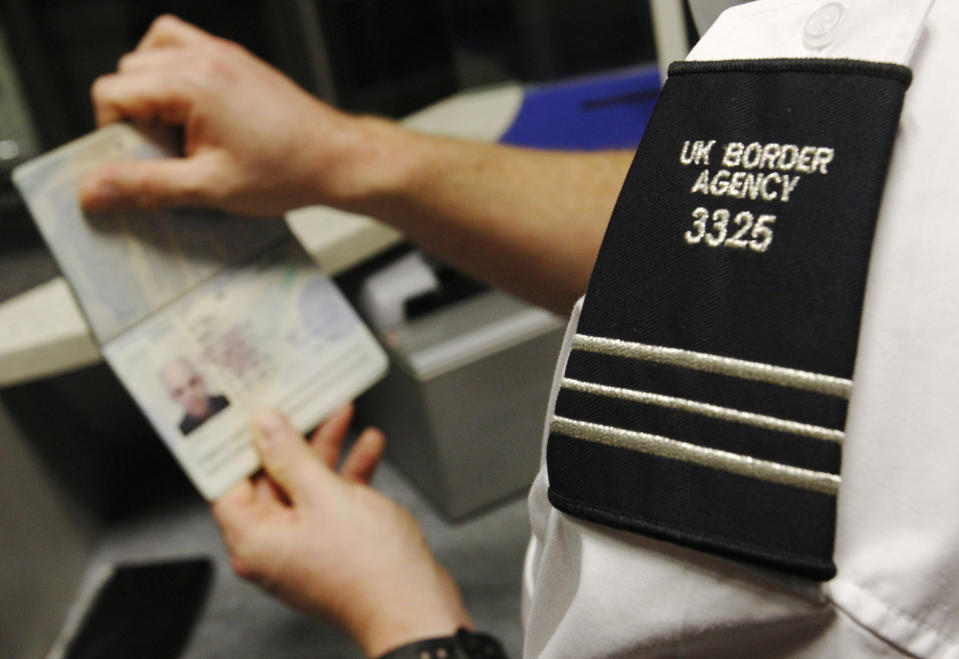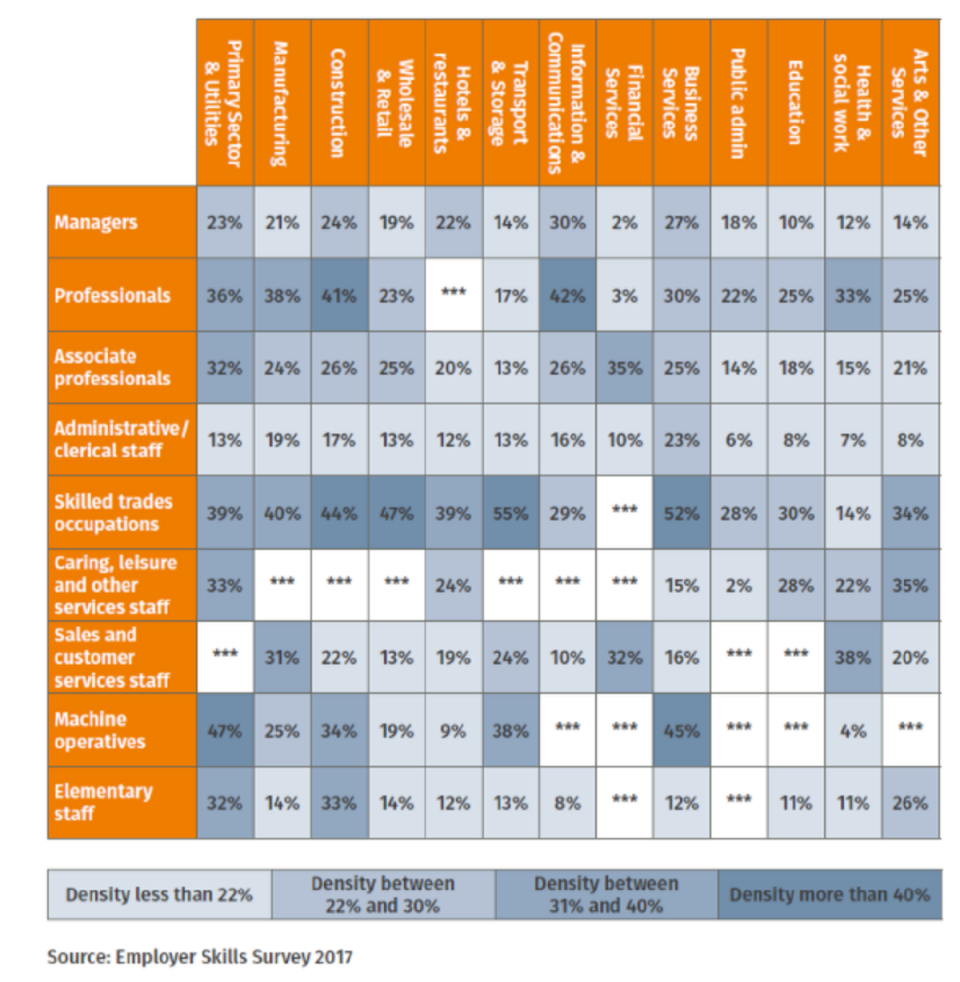UK business groups urge for new points-based immigration system reform

A number of UK business groups have called on the government to reform its new points-based immigration system, which comes into force in January 2021, to protect the country’s most vulnerable industries.
They are demanding an increase of flexibility to the system and a reward for employers who invest in local skills.
The points system ends the freedom of movement rule with the European Union which allows EU citizens to work in the UK. EU citizens will instead receive the same treatment as migrants from the rest of the world.
The points system will take factors such as skills and language into account when awarding visas, but applicants must have a total of 70 points to be eligible for one.
Having a job offer from an "approved employer" at an "appropriate skill level" and speaking English will grant applicants 50 points. However, the other 20 will be made up of criteria such as earning at least £25,600 ($33,000) or having better qualifications in a STEM subject.
Research from the IPPR think tank revealed that such restrictions could hamper recruitment in critical sectors of the economy and amplify the risks of informal working and exploitation.
Analysis showed that almost two-thirds (63%) of EU-born workers currently living in the UK would not have been eligible for a skilled worker visa, while almost 80% of EU social care workers would have been found ineligible to migrate under new rules.
The IPPR report also highlighted ways the new points-based immigration system could be improved to tackle economic challenges.
READ MORE: The UK's new points-based immigration system explained
These measures included extending the shortage occupation list to allow for the inclusion of jobs at all skill levels and reducing the salary threshold of £25,600 to the living wage (a £19,344 annual salary for a 40 hour week).
Another reform was to exempt employers from the immigration skills charge if they can demonstrate to the Home Office that they are investing in skills and training.
The proposals have been backed by organisations such as Care England, the Federation of Master Builders, the North West Business Leadership team, London First, the Recruitment and Employment Confederation, UK Homecare Association, and allianceHR.
In a joint statement they said: “Many sectors like construction, food and drink manufacturing, social care and hospitality will struggle to recruit from abroad under the new system. And while businesses will be prioritising the recruitment of unemployed UK workers, it will inevitably take time to retrain workers to address skills shortages. We therefore need action now in the interim to support our economy to get back to full strength.”

Researchers at IPPR found that industries highly reliant on EU migration would be hit particularly hard by the new system, such as in food production where EU workers make up one in every four workers.
The think tank further warned that the economic recovery from the coronavirus pandemic could be jeopardised by the new system, particularly in areas such as manufacturing, logistics, and construction.
Marley Morris, IPPR associate director for immigration, trade and EU relations, said: “We are now weeks away from one of the greatest changes to our immigration system in decades.
“As our care system struggles and businesses reel from the effects of the pandemic, it is vital that the new points-based system helps to support the country’s response to coronavirus and the economic recovery.”
“The government can use the new system to ‘build back better’ from the current crisis. The rules should be reformed to allow employers to address immediate skills shortages across all parts of the labour market, while also encouraging employers who sponsor migrant workers to pay the living wage, offer secure work, and invest in skills and training.”
WATCH: Details of points-based immigration system

 Yahoo Finance
Yahoo Finance 